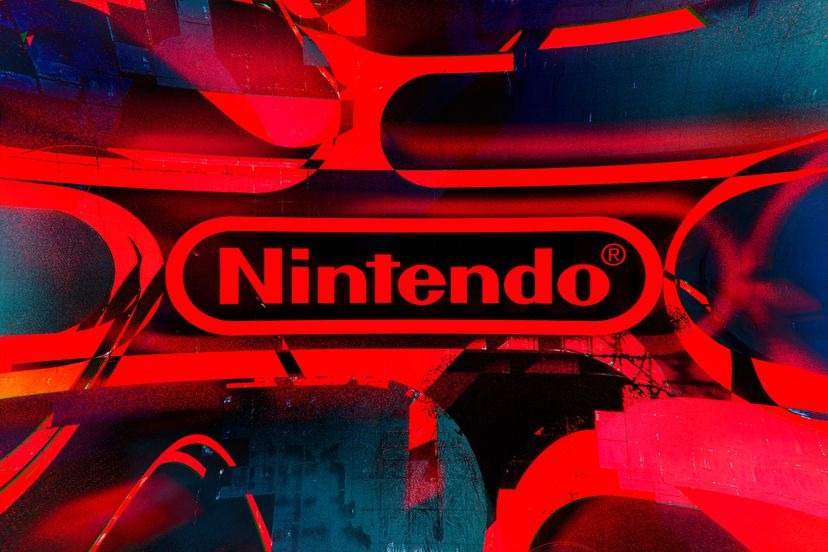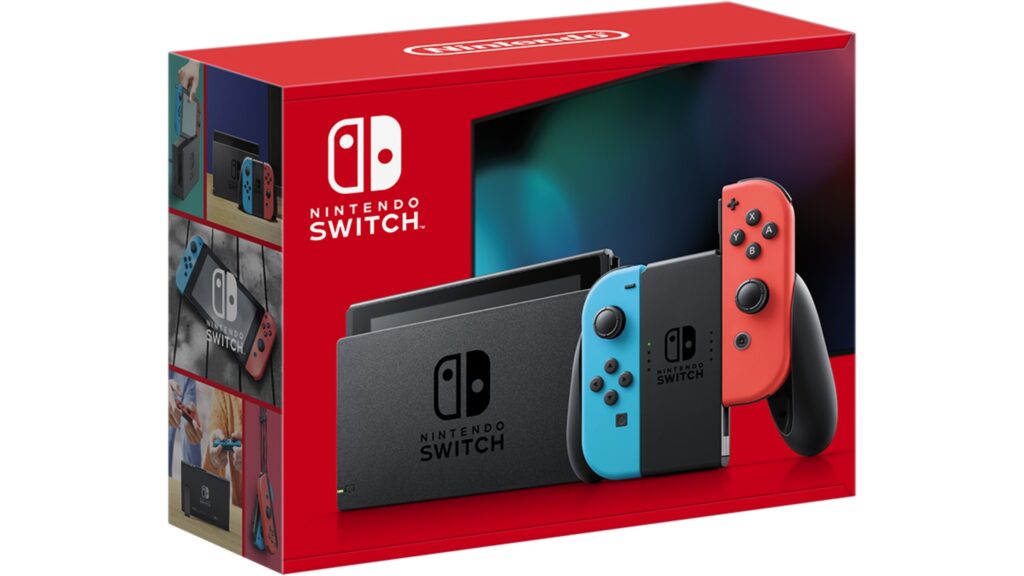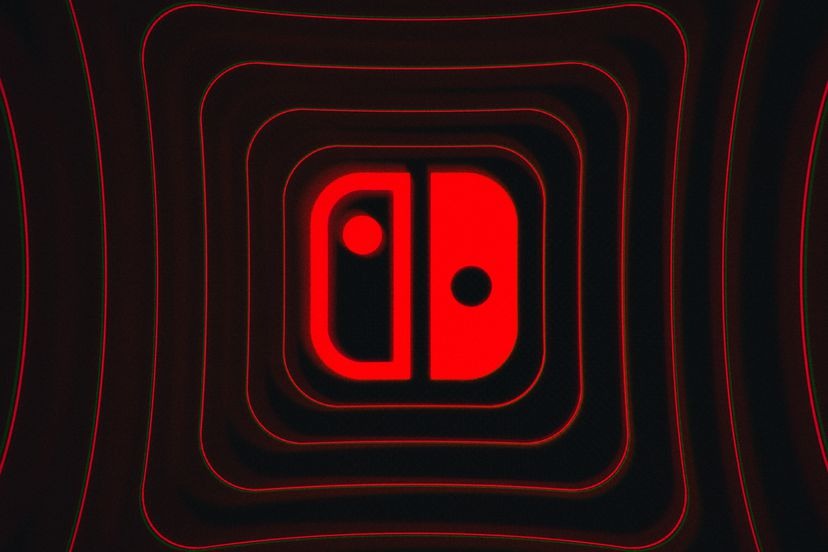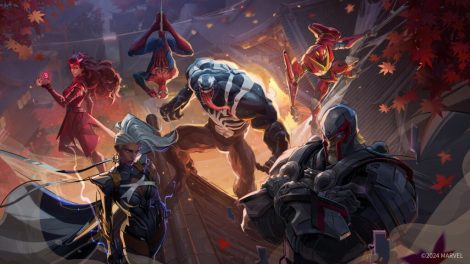The emulation community has been rocked by the recent lawsuit filed by Nintendo against the developers of the popular Nintendo Switch emulator, Yuzu. The legal action has not only affected Yuzu directly but has also sent ripples throughout the broader emulation landscape, leading to the shutdown of the Yuzu Discord server, the removal of the Citra 3DS emulator from its official website, and the decision by the developer of the Drastic DS emulator to make it free before taking it down entirely.
In this article, we will delve into the details of the Nintendo lawsuit against Yuzu, examine the fallout and its impact on various emulation projects and communities, and discuss the potential long-term consequences for the emulation scene as a whole.
The Nintendo Lawsuit Against Yuzu
In January 2023, Nintendo filed a lawsuit against the developers of the Yuzu emulator, alleging copyright and trademark infringement. Yuzu, a popular open-source emulator for the Nintendo Switch, allows users to play Switch games on their computers, providing an alternative to the official Nintendo hardware.
Nintendo’s lawsuit seeks an injunction to halt the distribution of Yuzu and demands damages for the alleged infringement. The company has a history of aggressively protecting its intellectual property and has taken legal action against various emulation projects in the past.
The lawsuit against Yuzu has sparked debates within the gaming and emulation communities about the legality and ethics of emulation, as well as the balance between preserving gaming history and protecting the rights of copyright holders.
The Shutdown of the Yuzu Discord Server
One of the most immediate consequences of the Nintendo lawsuit was the shutdown of the Yuzu Discord server. The server, which had thousands of members, served as a hub for Yuzu users to discuss the emulator, share tips and tricks, and seek assistance from other members of the community.
The closure of the Yuzu Discord server has left many users without a central platform to connect with other enthusiasts and obtain support for the emulator. This move highlights the legal pressures faced by emulation communities and the challenges in maintaining open communication channels in the face of potential legal action.
Removal of the Citra 3DS Emulator
Another casualty of the Yuzu lawsuit fallout is the Citra 3DS emulator. Citra, a popular emulator for the Nintendo 3DS handheld console, was removed from its official website in the wake of the legal action against Yuzu.
While Citra itself was not directly targeted by the lawsuit, the decision to remove it from the official website appears to be a precautionary measure to avoid potential legal issues. This development has made it more challenging for users to access and download the Citra emulator, potentially impacting its user base and hindering its further development.

Drastic DS Emulator Goes Free and Faces Shutdown
The repercussions of the Yuzu lawsuit have also extended to other emulation projects, such as the Drastic DS emulator. The developer of Drastic DS, a popular emulator for the Nintendo DS handheld console, announced that the emulator would be made free and then taken down entirely.
This decision underscores the concerns and uncertainties faced by emulation developers in the current legal climate. The potential risk of legal action has led some developers to reevaluate the sustainability and viability of their projects, leading to the discontinuation of certain emulators.
Impact on Other Emulation Communities
The effects of the Yuzu lawsuit have reverberated throughout the broader emulation community, causing various platforms and projects to reassess their practices and take precautionary measures.
For example, the Steam Deck Discord server, a community focused on Valve’s handheld gaming device, decided to shut down its emulation channel in response to the legal action against Yuzu. This move reflects the heightened sensitivity and caution surrounding emulation-related discussions and activities.
Similarly, Ryujinx, another popular Nintendo Switch emulator, has paused its Discord invites, limiting access to its community platform. This step demonstrates the proactive measures taken by emulation projects to mitigate potential legal risks and protect their communities.
Challenges for All-in-One Emulation Providers
The removal of Yuzu and Citra from their official distribution channels has also posed challenges for all-in-one emulation providers. These platforms, which offer a centralized hub for multiple emulators, now face the task of finding suitable replacements for the affected emulators.
The process of identifying and integrating alternative emulators can be time-consuming and complex, potentially disrupting the user experience and causing compatibility issues. Moreover, the legal uncertainties surrounding emulation may make it difficult for these providers to ensure the long-term availability and stability of their offerings.
The Debate Over Emulation Legality and Preservation
The Nintendo lawsuit against Yuzu has reignited the ongoing debate about the legality and ethics of emulation. While Nintendo and other gaming companies argue that emulators infringe upon their intellectual property rights and facilitate piracy, proponents of emulation assert that it serves important purposes, such as preserving gaming history and providing accessibility to older or rare titles.
Emulation enthusiasts contend that many older games and consoles may be lost to time without the efforts of the emulation community to preserve and make them playable on modern systems. They argue that emulation can coexist with the interests of copyright holders, particularly for titles that are no longer commercially available or supported.
However, the legal landscape surrounding emulation remains complex and often untested in courts. The outcome of the Nintendo lawsuit against Yuzu could set a significant precedent for the future of emulation and the rights of copyright holders in the gaming industry.

The Future of Emulation
As the dust settles from the Yuzu lawsuit and its aftermath, the emulation community faces an uncertain future. The legal challenges posed by Nintendo and other gaming companies have highlighted the risks and vulnerabilities faced by emulation projects and the communities that support them.
Some emulation developers may choose to continue their work underground, relying on private channels and word-of-mouth distribution to avoid legal scrutiny. Others may explore alternative models, such as partnering with copyright holders to create officially sanctioned emulators or focusing on open-source development to ensure the longevity and accessibility of their projects.
Ultimately, the future of emulation will depend on the delicate balance between preserving gaming history, respecting intellectual property rights, and fostering innovation and creativity within the gaming community. As legal battles continue to shape the landscape, it is crucial for all stakeholders to engage in open and constructive dialogue to find sustainable solutions that benefit everyone involved.
Conclusion
The Nintendo lawsuit against Yuzu has sent shockwaves through the emulation community, leading to the shutdown of the Yuzu Discord server, the removal of the Citra 3DS emulator, and the potential closure of other emulation projects. These developments have highlighted the legal risks and uncertainties faced by emulation developers and enthusiasts alike.
As the emulation scene grapples with the fallout of the lawsuit, it is essential to consider the broader implications for gaming preservation, accessibility, and innovation. While the legal challenges posed by Nintendo and other companies are significant, the emulation community remains committed to its mission of preserving gaming history and providing access to classic titles.
As the future of emulation hangs in the balance, it is crucial for all parties involved to engage in constructive dialogue and explore solutions that balance the interests of copyright holders, emulation developers, and the gaming community as a whole. Only through collaboration and understanding can we ensure that the rich history of gaming is preserved for future generations to enjoy and learn from.










Add Comment